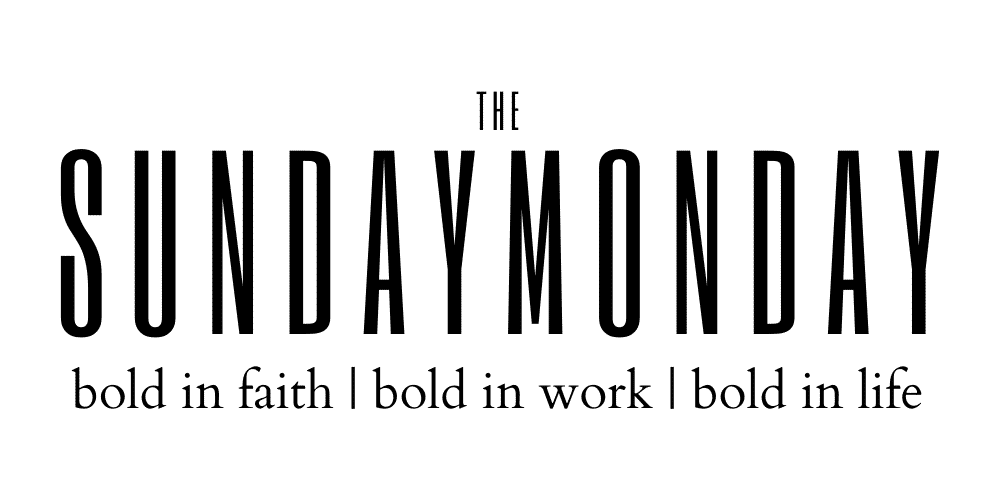November 4
I’m not one to make election predictions, but I do predict that on November 4, 2020, we will not know who will be the next president of the United States.
I’m worried that our country is not prepared for this kind of non-result in a general election, especially this year, with COVID-19 outbreaks, violent reckonings over racial injustice, and political divisions like none seen before.
Exercising my right to vote this year feels like an act of hope—hope that despite significant ideological disagreements among voters (including my own immediate family, friends and co-workers), our right to vote is not taken away by those in the political majority, which is a victory for our democracy (or democratic republic if you prefer).
I am hopeful that my ballot will speak more loudly than my comments on social media. In fact, I’ve made the conscious decision to pray instead of “reply to comment” when I see something political on Facebook that gets under my skin. I’m praying that in a year of great hardship, desires for peace and mutual respect might prevail on November 4 as we wait for the votes to be counted.
All of this is why I am thankful that homilies get political around election season. They challenge us to use our moral and intellectual virtues for the common good—to vote in line with the principles of our faith.
Last Sunday we heard the Gospel reading of Matthew 22:15-21, in which Jesus teaches us to “repay to Caesar what belongs to Caesar and to God what belongs to God.”
The priest who gave the Sunday homily at the mass I attended told a story from the beginning of creation. He reminded us from whom we came from and to whom we belong.
He said, when God created the trees, he consulted the ground. He asked the ground, “May I create the trees to make their home within you?” The ground said yes and the trees planted their roots. Without the rich earth to spread their roots, the trees would die. The trees belong to the ground.
Then God consulted the air and asked, “May I create the birds to fly in your domain so that they may be protected from the snakes on the ground?” The sky said yes and the birds were created to soar high above the dangers below. If there was no sky, the birds would die. The birds belong to the sky.
Then finally the priest said, when God created man and woman, this time he consulted Himself, the Holy Trinity and asked, “May we create them in our own image?” God said yes and formed us in His own image. Without Him, we would die. We belong to God.
Like the coin marked with the face of Caesar, we are marked with the face of God, made in his image, and created to repay him with our whole selves.
So, ask yourself: who am I consulting when deciding my vote?
The priest on Sunday concluded by holding up three crisp bills. One dollar, five dollars and 20 dollars. On all of these, he said, we have the image of a U.S. President and also the words “In God We Trust.”
Seeing the bills in his hand, held right next to the altar, reminded me that our country—our democratic process—also belongs to God. As does its fate after Election Day.
I want to end with two helpful resources for voting. One is unique to this year’s election and it is from the Virginia Catholic Conference, a 2020 Voting Guide. The other is a moral guide to voting from EWTN:
· EWTN Guide to Moral Duties Concerning Voting
· Virginia Catholic Conference Presidential Candidate Comparison / Nov 3, 2020
I hope you will find these helpful, even if you voted early. Please also join us in praying for peace across the country the day after the election and in the following weeks.
More Like This
Is It Time To Swap Bikes?
On Sunday morning, my friends and ran the Cherry Blossom ten-miler (last race of the spring, I promise!). At the crack of dawn, we went out to find electric Lime bikes to ride down to the start line. As soon as the three of us rented the bikes and started riding, it...
This Is The Day
Happy Easter friends!! We have made it through the Lenten season, into a time of great celebration, joy, and feasting. I hope you had a blessed Easter Sunday with the people you love! A common refrain in this Easter season is Psalm 118:24: This is the day the Lord...
God’s Will is Where We Are
Can you believe it's Holy Week? This is my favorite week of the year to be a Catholic. Gorgeous masses, rich traditions, and so much incense! And of course, it all leads to the celebration of Easter. We're so close! I wrote before how this has been the Lent of...

Renee lives in Arlington, VA, and works for an international development firm in Washington, DC. She loves leading Walking With Purpose Bible studies at her parish and trying new cuisines from local restaurants. She has a Master’s in Latin American Studies from GWU and a Bachelor’s in Communication Studies from the University of Miami.



